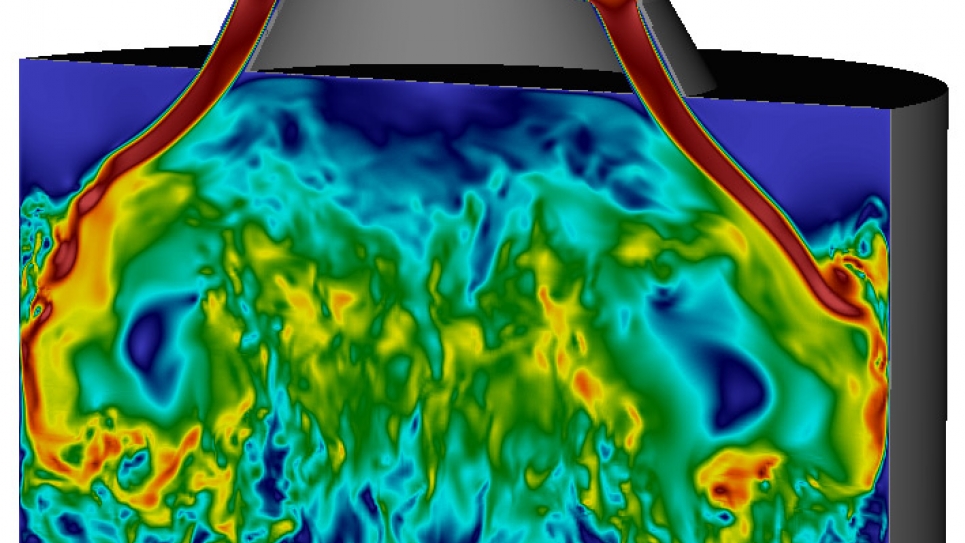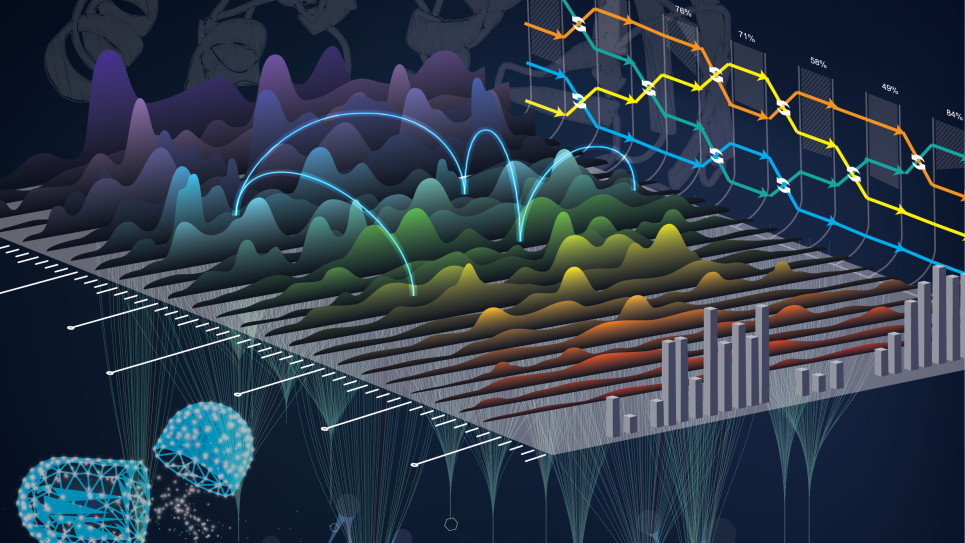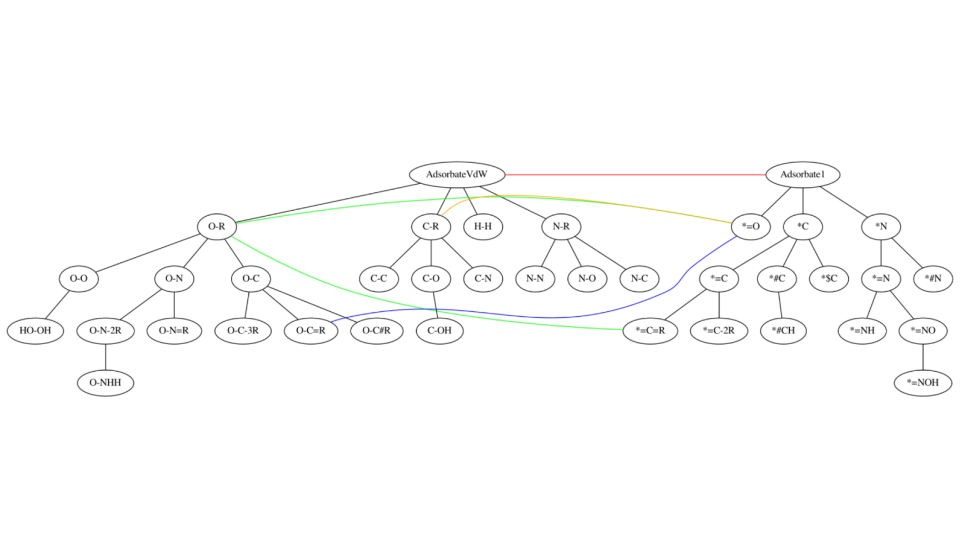
DNS of Forced- and Auto-Ignition in Spherical and Engine-Like Geometries
The combustion of coal and petroleum-based fuels supply most of the energy needed to meet the world’s transportation and power generation demands. To address the anticipated petroleum shortage, along with increasing energy demands and greenhouse gas emissions, new clean energy technologies, including advanced combustion strategies, must be developed. Novel combustion regimes, such as low-temperature combustion for automobiles and lean premixed combustion for turbine power plants, have the potential to improve energy efficiency and reduce emissions. The development of these new combustion systems depends heavily on the availability of predictive models that incorporate the relevant physics and chemistry and account for the aero-thermo-chemical interactions in the regimes of interest.
For this INCITE project, researchers are using a highly accurate and scalable spectral element solver for low Mach number combustion to perform large-scale direct numerical simulations of forced and compression ignition in spherical and engine-like geometries. This will allow researchers to study the initiation, early flame evolution, and the long-term propagation of premixed flames. The conditions of interest (size, pressure, initial turbulence levels, etc.) will be of relevance primarily to internal combustion engines but also to gas turbines and other combustion devices. The simulation results will shed light on the complex flow and thermochemistry interactions of propagating premixed flame fronts and provide high-quality data for many important characteristics, including the turbulent burning velocity, flame surface density, and flame brush thickness. The findings will also help to identify the shortcomings of existing engineering models and foster the development of new models.


